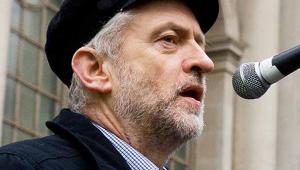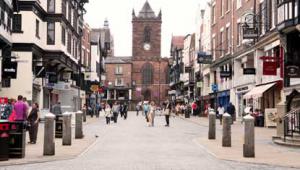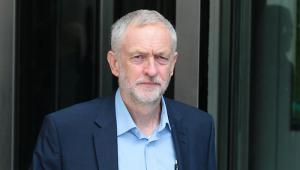Under the new plans, property left vacant for 12 months or more would be handed over to start-ups, co-operative businesses and community projects.
The announcement comes after the British Retail Consortium found that town centre vacancy rates were at 10.3% in July – the highest level for four years.
Labour estimated that this move will bring back into use some 29,000 physical retail units which have been abandoned for more than 12 months.
Labour’s five-point plan to fix Britain’s high streets includes:
- Banning ATM charges and stop bank branch and Post Office closures
- Improving local bus services and provide free bus travel for under 25s
- Providing free public Wi-Fi in town centres
- Establishing a register of landlords of empty shops in each local authority
- Introducing annual revaluations of business rates, ensuring a fair appeals system and reviewing the business rates system.
Jeremy Corbyn, leader of the Labour Party, said: “Boarded up shops are a symptom of economic decay under the Conservatives and a sorry symbol of the malign neglect so many communities have suffered.
“Labour has a radical plan to revive Britain’s struggling high streets by turning the blight of empty shops into the heart of the high street, with thousands of new businesses and projects getting the chance to fulfil their potential.”
Shadow communities Andrew Gwynne said: “Under this government, our high streets have suffered a retail apocalypse. High street closures are at a historic high, leaving too many of our once thriving towns abandoned and awash with boarded up shop fronts.”
The Local Government Association said: “Many councils throughout the country are already leading the way in transforming the future potential of their town centres in the face of unprecedented changes in shopping habits and the retail landscape.
“Councils can do more to support small businesses and boost high streets with the freedom and finance to set business rates discounts and reliefs locally. They also need more powers and flexibility, particularly in relation to planning, to help shape and deliver vibrant town centres.”











